NASA JPL Chief Scientist Dr. Jonathan I. Lunine Named Keynote Speaker for SBMT 2026 in Los Angeles
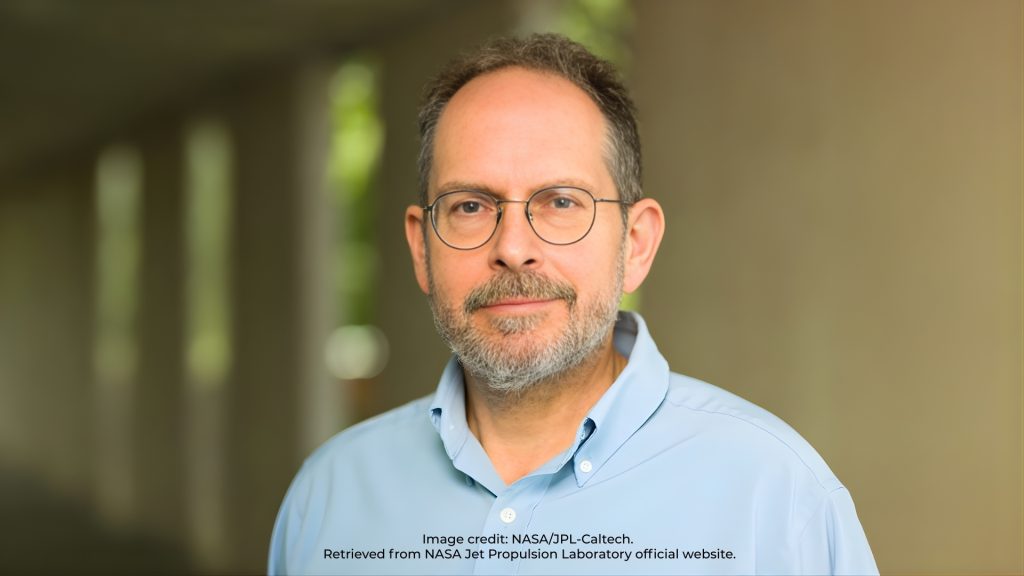
NASA JPL Chief Scientist Dr. Jonathan Lunine joins Nobel Laureate Dr. Thomas Südhof as keynote speaker at SBMT 2026, April 16–19 in Los Angeles.
Nobel Laureate Thomas C. Südhof Announced as Keynote Speaker at SBMT 2026
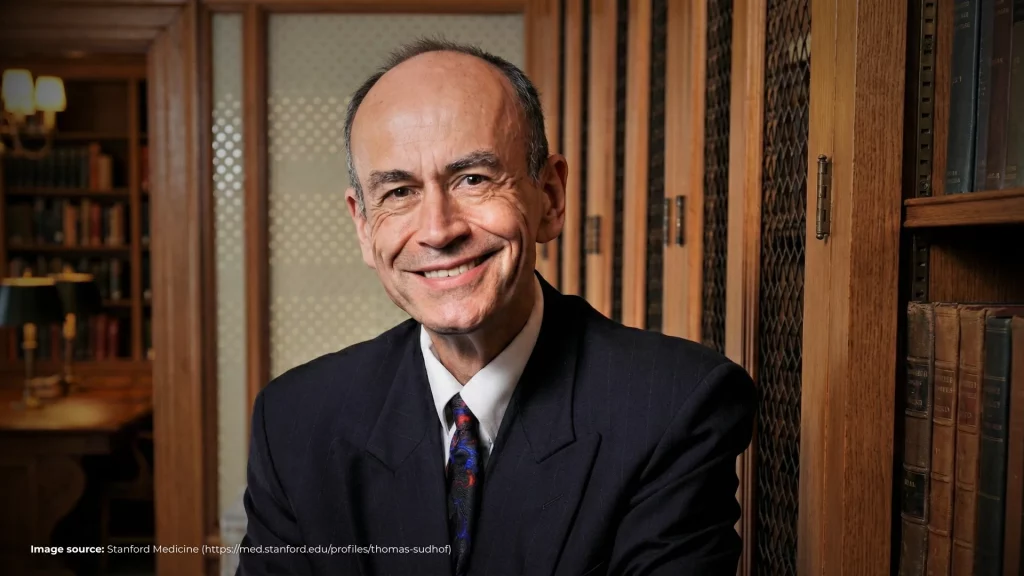
Nobel Laureate Thomas C. Südhof will keynote SBMT 2026, presenting his groundbreaking discoveries on synaptic vesicle trafficking and brain communication.
Neurotechnology Explained: Your Essential Guide to Brain-Tech Integration
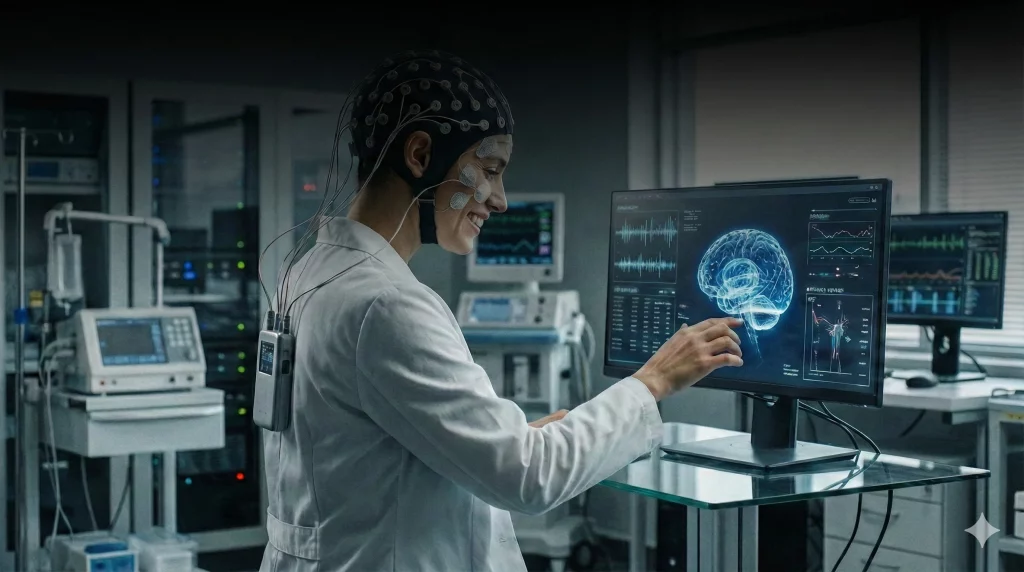
Explore the advancements in neurotechnology, from clinical treatments to consumer products, and the potential for brain-tech integration to revolutionize healthcare and wellness.
Dr. Dr. Denis Fedorenko, MD, PhD Announced as Keynote Speaker at SBMT 2026 – Los Angeles
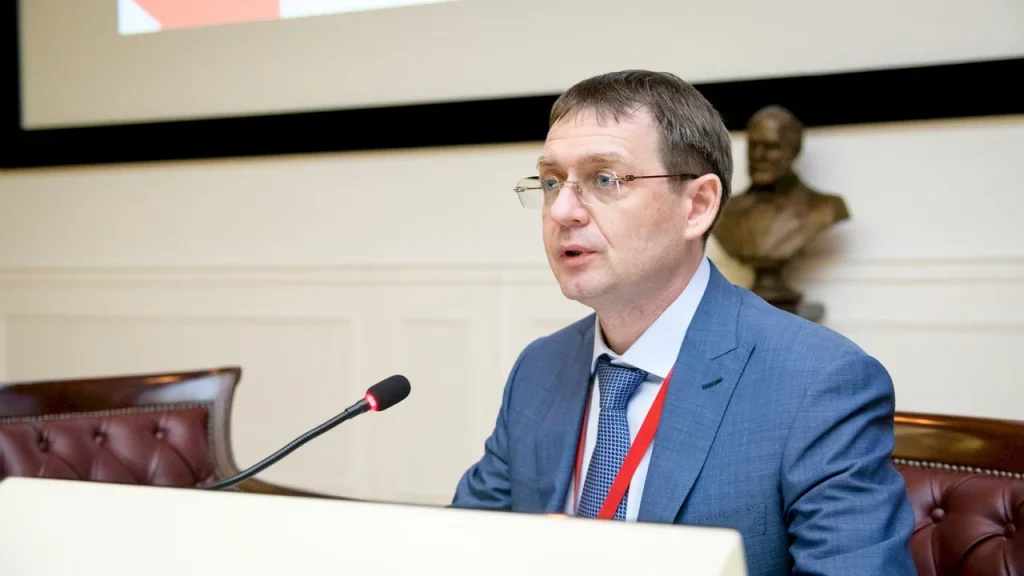
Dr. Denis Fedorenko joins SBMT 2026 as Keynote Speaker, sharing groundbreaking advances in stem cell therapy for MS and autoimmune diseases.
The Countdown Has Begun: SBMT 2026 Returns to Los Angeles
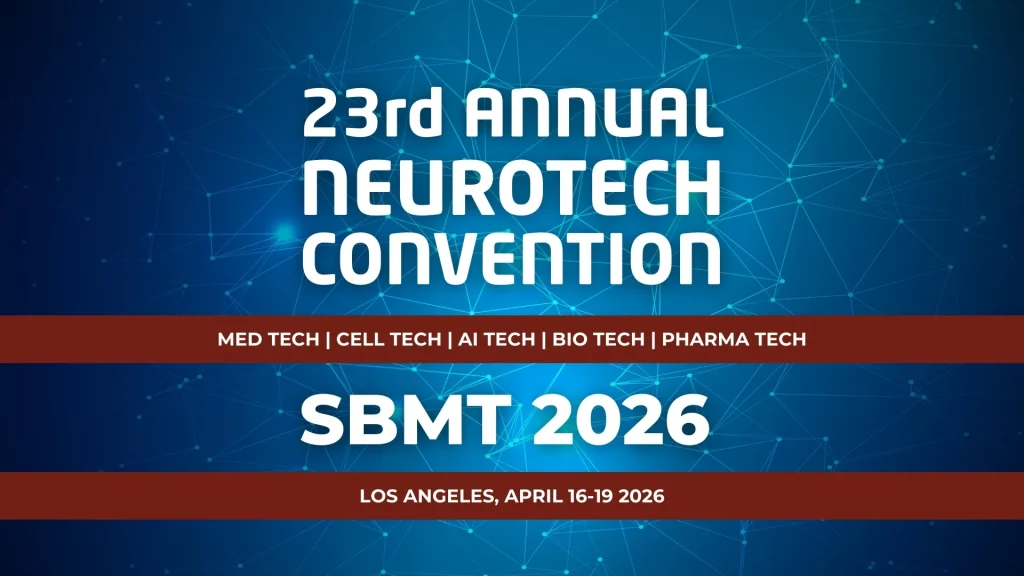
The countdown to SBMT 2026 begins. Explore the innovations, speakers, and breakthroughs shaping the world’s leading Neurotech Convention.
Prof. Nevzat Tarhan to Speak at the 12th Annual N20 Summit – South Africa 2025
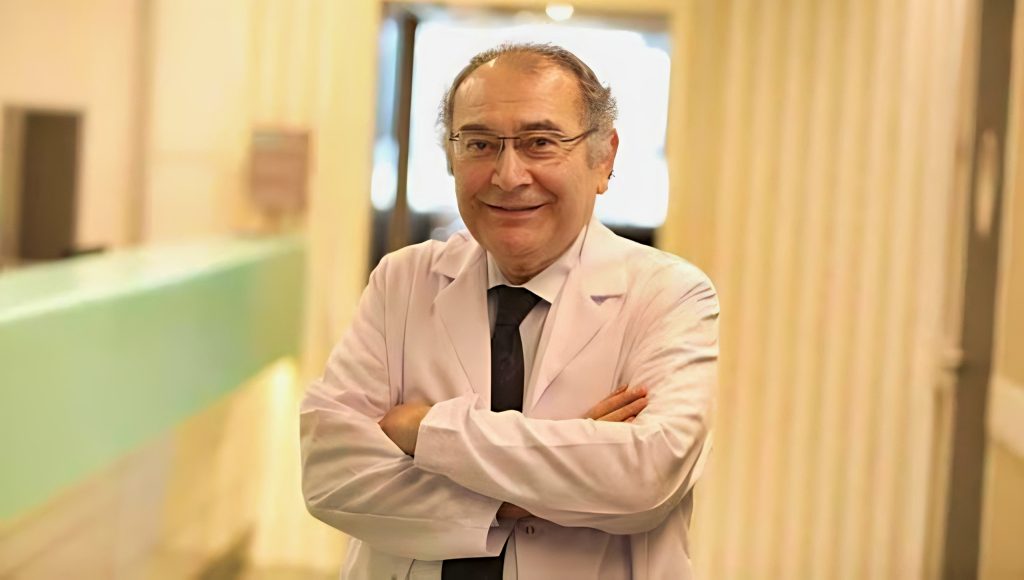
Prof. Nevzat Tarhan will speak at the 12th N20 Summit 2025 on how Neurotech and AI are transforming mental health care worldwide.
What Is Neurotechnology? A Brain-Tech Guide
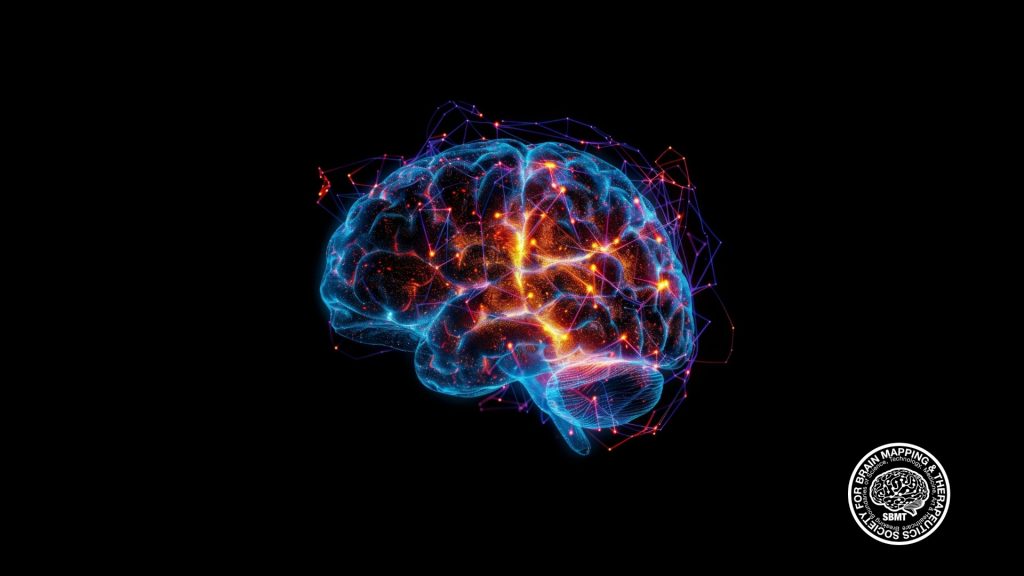
Explore the world of neurotechnology, its applications, and its impact on brain function. Learn about neuromodulation, neuroprostheses, and brain-machine interfaces.
Qifa Zhou Honored for Contributions to the Biomedical Ultrasound Field
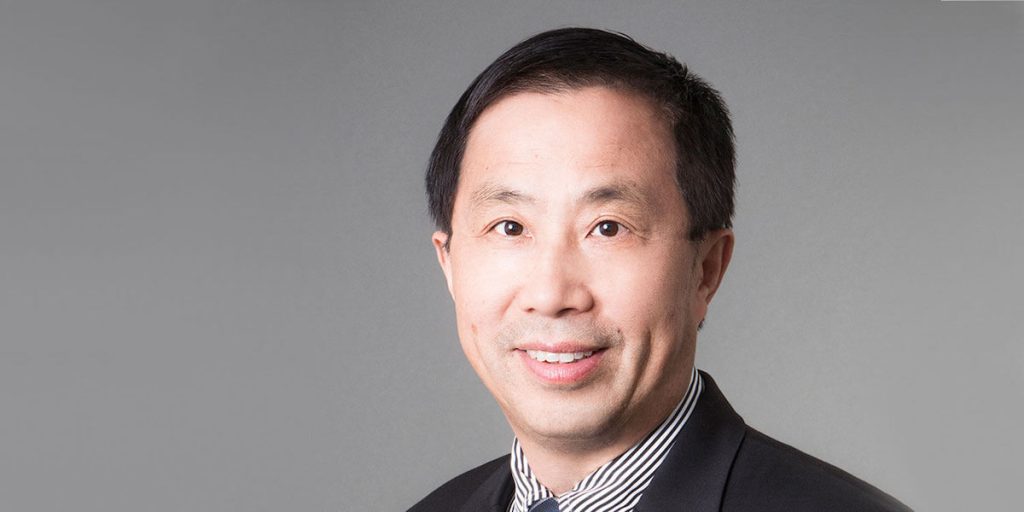
Dr. Qifa Zhou wins 2025 IC-UEBA Award for advancing ultrasound & neuromodulation tech. Proud SBMT member shaping the future of brain mapping.
The World Brain Mapping Foundation Host the Prestigious Gala and Convention in Los Angeles on the Eve of the Oscars
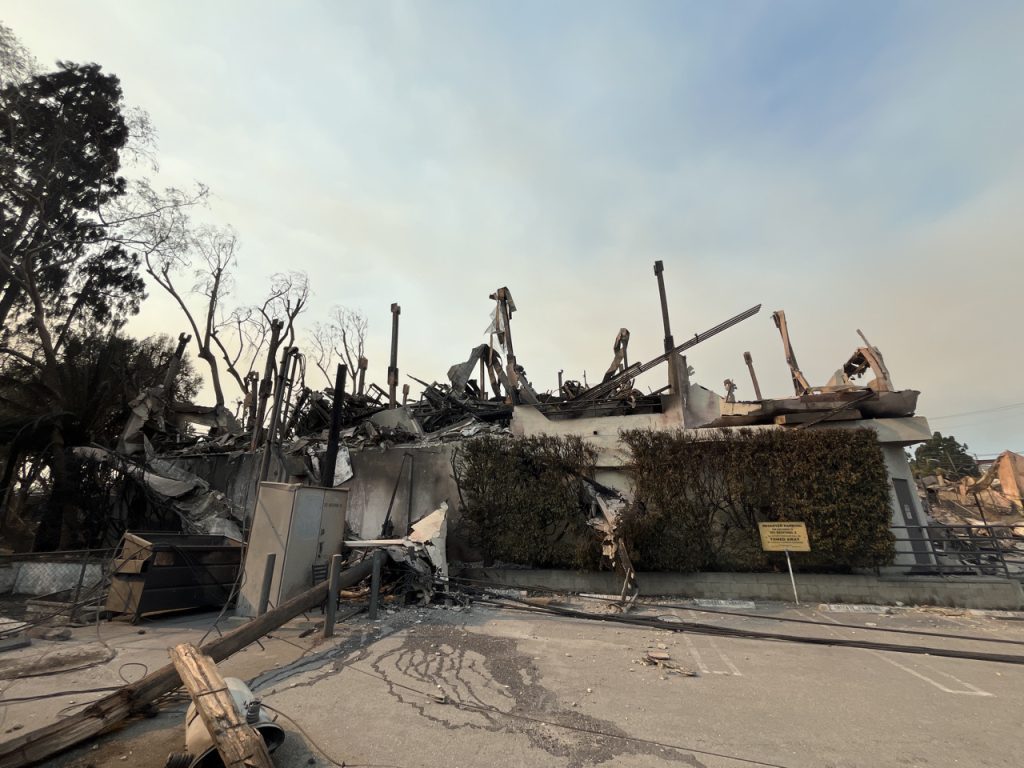
The World Brain Mapping Foundation (WBMF) is set to make a powerful comeback. On March 1st, it will host its 22nd Annual Gathering for the Cure (GFC) award gala at the Millennium Biltmore Hotel in Los Angeles.
Comissão dos Direitos da Pessoa Idosa Marca Presença no G20 e Reforça a Necessidade de Políticas Públicas para o Envelhecimento Ativo e Saudável
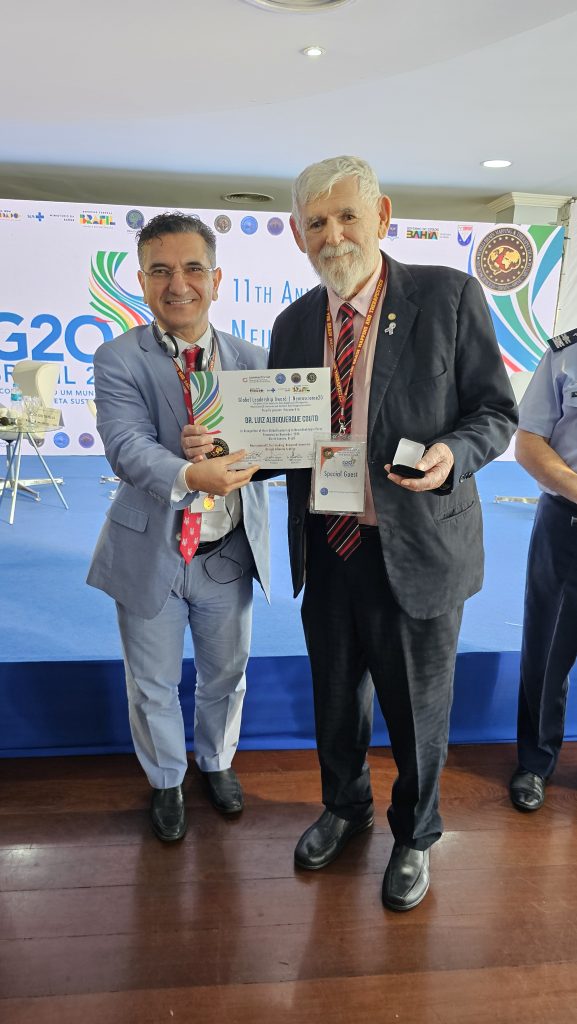
Comissão dos Direitos da Pessoa Idosa Marca Presença no G20 e Reforça a Necessidade de Políticas Públicas para o Envelhecimento Ativo e Saudável https://blogdoluizcouto.blogspot.com/2024/11/comissao-dos-direitos-da-pessoa-idosa.html?m=1 novembro 17, 2024 A Comissão de Defesa dos Direitos da Pessoa Idosa (CIDOSO), participou durante todos os dias da programação do G20 Social, no Rio de Janeiro e realizou um seminário sobre Transição Demográfica e Desafios para um Envelhecimento Ativo e Saudável, promovido no contexto da Cúpula do G20. O evento se mostrou de extrema importância para o debate sobre políticas públicas voltadas à população idosa, especialmente em relação às doenças neurodegenerativas, que afetam cada vez mais os idosos no Brasil e no mundo. Durante o seminário, que contou com a presença dos deputados membros da Comissão do Idoso da Câmara, Luiz Couto Alexandre Lindenmeyer, Pastor Gil, Osessio Silva, Flávia Moraes e Reimont, além de especialistas em neurociência, foi discutido o crescente desafio das doenças do cérebro e a necessidade de enfrentá-las com mais recursos e atenção, em particular no contexto do envelhecimento da população global. Ao final do seminário, a Comissão de Defesa dos Direitos da Pessoa Idosa entregou ao ministro Felipe Sherpa, representante do G20, um documento formalizando o compromisso de incluir a Transição Demográfica e o Envelhecimento Populacional como temas prioritários no relatório final da Cúpula do G20. A proposta busca garantir que a temática do envelhecimento ativo seja considerada na agenda internacional de saúde e bem-estar, com ênfase no desenvolvimento de políticas públicas adequadas para a população idosa. O deputado Luiz Couto, em sua fala de encerramento, destacou a importância da inclusão da questão do envelhecimento no debate global e a urgência de ações concretas para enfrentar os desafios impostos pela transição demográfica. “O envelhecimento da população é uma realidade crescente e, para que nossos idosos possam viver com qualidade de vida, é fundamental que se invista em políticas públicas de saúde, prevenção e educação. Precisamos dar um passo firme para garantir que a dignidade e os direitos dos idosos sejam respeitados em todas as esferas, tanto no Brasil quanto no mundo”, afirmou o deputado. “Com a participação efetiva dos deputados e a colaboração dos especialistas em neurociência, a Comissão de Defesa dos Direitos da Pessoa Idosa reafirma seu compromisso com a luta por um envelhecimento saudável e ativo, além de contribuir para a construção de políticas públicas que atendam às necessidades da população idosa no Brasil e no cenário mundial”, disse deputado Reimont, Presidente da CIDOSO.
